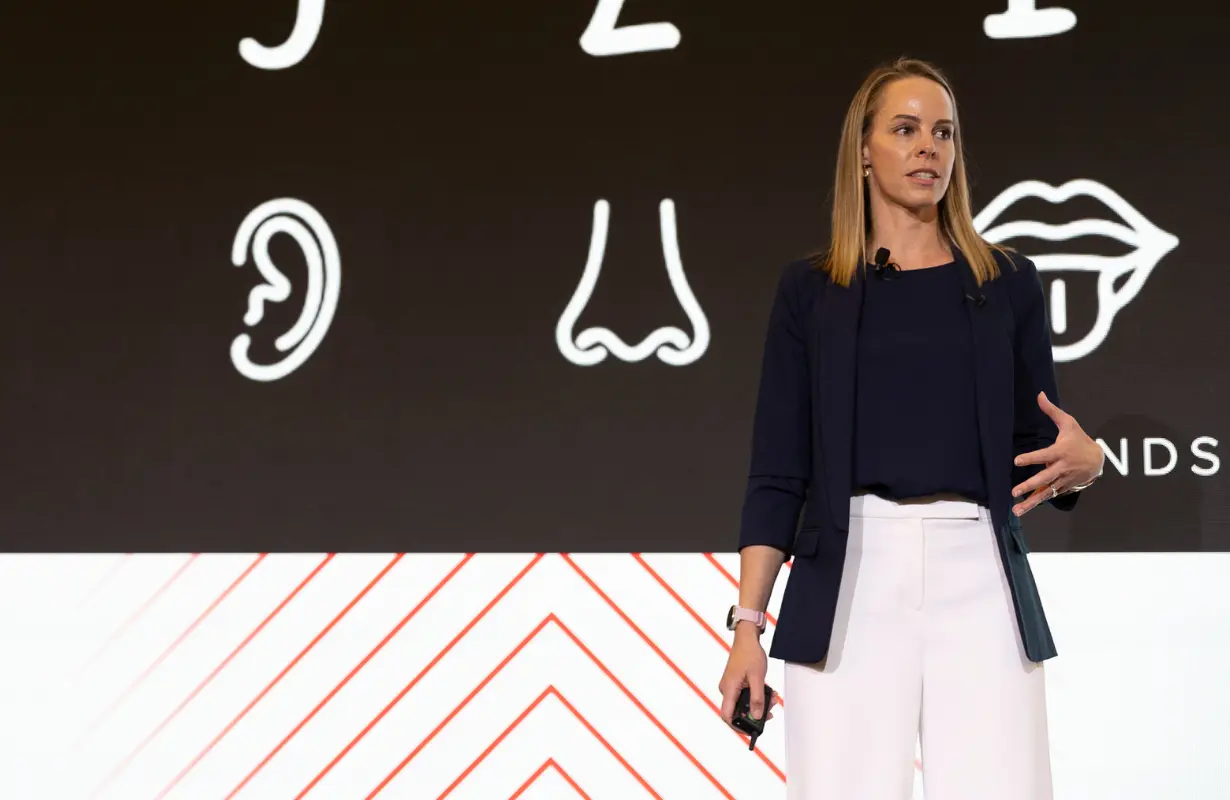Why Mental Health Needs More Than Just R U OK? Day: How Connection Builds Resilience
Aug 11, 2025
During September, R UO K? Day brings much-needed awareness to mental health in Australia. It’s a powerful reminder to check in on the people in our lives. But for many of us, the juggle of corporate life, family, and our own ambitions can leave us feeling like our mental health is something that goes on the bottom of the never ending to-do-list.
Mental health can’t be a once-a-year conversation. It needs to be a daily practice; a consistent commitment we make to ourselves and to each other. This is especially crucial in a world where AI is on the rise and our screens can often feel like our primary source of connection. While technology streamlines our work, it’s the human touch that truly sustains us. The secret to our resilience isn’t in the next algorithm; it’s in our ability to connect.
The Neuroscience of Connection and Mental Wellbeing
Our brains are hardwired for connection. Neuroscientists tell us that when we feel a sense of belonging, our brains release oxytocin, often called the “cuddle hormone,” acting as a powerful buffer against stress. In contrast, loneliness and isolation can trigger the release of cortisol, our primary stress hormone. This can lead to a state of chronic stress, affecting not only our mental health but our physical health as well.
This isn’t just about having people around you, it’s the depth of connection that matters. Feeling seen, heard, and genuinely valued is what nourishes our wellbeing. AI might generate the perfect email or meeting summary, but it can’t replace a real conversation or the warmth of shared laughter.
3 Daily Habits to Boost Mental Health Through Human Connection
So, how do you make every day an R U OK? day. By being intentional with your energy and your attention. Here are some practical, science-backed ways to nourish your mental health through connection.
1. Reclaim the Art of Asking
“How are you?” has become a casual greeting, but let’s bring back its true meaning. When you ask this question, commit to really listening to the answer. Turn your body towards the person, put your phone away, and give them your full attention. This small act signals that you care and that their feelings matter. It creates a moment of psychological safety that is a cornerstone of strong, healthy relationships.
2. The Power of Micro-Connections
You don’t need to schedule a two-hour lunch to feel connected. Our brains thrive on small, frequent doses of social interaction. Think about the power of:
- A thoughtful text message just to say you're thinking of someone.
- A kind word to a colleague in the kitchen.
- A five-minute, camera-on chat with a remote teammate.
- Taking a colleague for a walk during a meeting to get some movement and fresh air.
These micro-moments add up, strengthening the social fabric around you and boosting your own mental well-being one tiny dose of oxytocin at a time.
3. Schedule "You Time" First
Just as you wouldn’t try to pour from an empty cup, you can’t give to others if you're feeling depleted. Connection starts with yourself. Carve out a few minutes each day for mindful self-check-ins. This might look like:
- Taking 5 minutes to journal about how you’re feeling.
- A short guided meditation to ground yourself. Listen Here
- Simply pausing with a cup of tea to notice your own thoughts and emotions without judgment. This practice builds self-awareness, which is the foundation of emotional regulation and a prerequisite for genuine connection with others.
Our Most Powerful Resource
As we move through a world of rapid technological change, one truth remains: our greatest strength is, and always will be, our humanity. It’s not the speed of our systems but the depth of our connections that sustains us. The empathy we show, the stories we share, the simple act of asking “Are you okay?”, these are the moments that make life meaningful.
So don’t wait for a calendar date to check in. Make it a daily practice. Ask genuine questions. Make space for the real answers. Keep showing up, for yourself and for others. That’s how we thrive.
For more information about Ashley's new keynote Thrive please visit: https://www.eqminds.com/ashley-whitehead-speaker-eq-minds
References: https://pubmed.ncbi.nlm.nih.gov/24839458/

